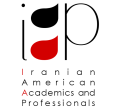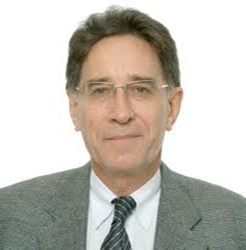Where: Montgomery Community College (Rockville Campus) – Humanity Building (HU), Conference Room 009 (Get Directions, Campus Map )
Language: Farsi

Synopsis:
Rooted in an old tradition of religious and philosophical ethics, Medical Ethics in the contemporary Iran has its own unique specifics. Moral teachings in this tradition have several sources: Islamic (Shiite) teachings and thoughts, philosophical works influenced by ancient Greek schools of thought, ancient Iranian religions and traditions, and Sufism which is Islamic in origin but somehow influenced by other schools of thought. On the other hand, newly founded institutions working on Bioethics and Medical Ethics are greatly influenced by the Western and modern ideas, thoughts and debates.
Abortion, stem cell research and cloning, live unrelated kidney transplantation and research ethics are among hot topics of Bioethical debates in the contemporary Iran. Iranian scholars are recognized by their unique models and approaches to some of these practical and theoretical challenges. Like other countries of the world, Iran has its own obstacles and unresolved problems in the area of bioethics and medical ethics.
About the Speaker:
Born and raised in Iran, Kiarash Aramesh is a medical doctor and his specialty is in Community Medicine. He is an Associate Professor and Vice-President for Research at the Medical Ethics and History of Medicine Research Center of Tehran University of Medical Sciences. Over the past eight years, from teaching and research duties to curriculum development and supervision of doctoral theses and from membership in Research Ethics Committees to organizing and leading several workshops on biomedical research ethics for faculty members of universities throughout Iran, his participation in Iran’s burgeoning field of medical ethics has covered a wide-range of activities. As a faculty member he was responsible for designing and conducting several domestic and internationally funded research projects concerning different aspects of medical ethics, including research ethics. Dr Aramesh played a leading role in developing and updating of the first set of specialized ethical guidelines for biomedical research in Iran. The results of his work and research have been published in a number of well-known peer-reviewed journals in English and Persian and have been presented in national (mostly as invited lecturer) and international conferences. Dr. Aramesh is a visiting scholar at the department of bioethics of National Institutes of Health, NIH. /p>
Fee (including dinner): $5 Students, $15 Public
Please click here to RSVP.


